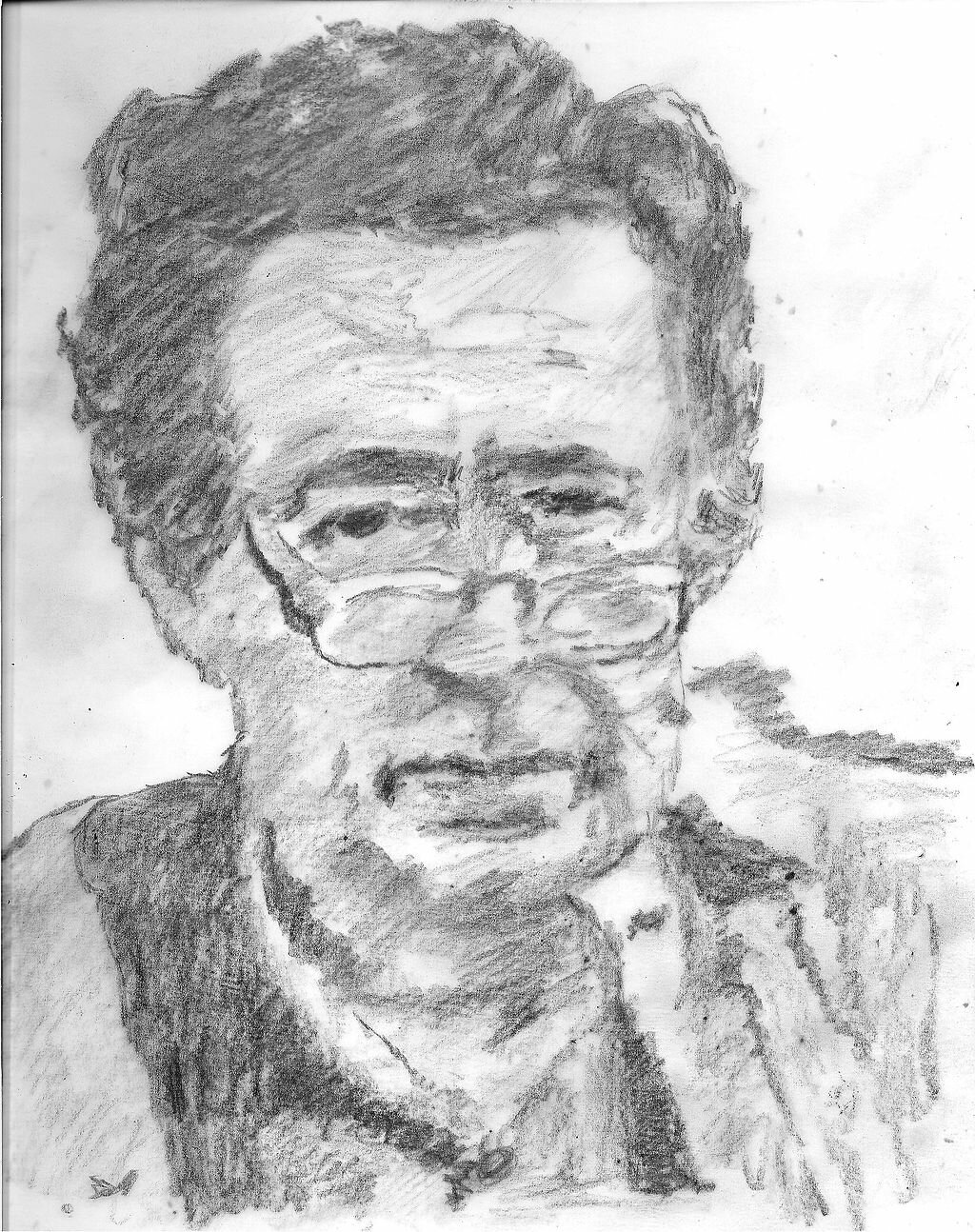I have hinted at it before, but I have not said it in so many words until now: Canadian culture is characterized by a deliberate attempt to avoid dark and serious topics.
You might think it is mere coincidence that Stephen Leacock’s lighter fare made him the Canadian culture maker, or that Montgomery excised the harrowing circumstances of her life from her work. But when we come to Mordechai Richler – a man who pulled no punches when depicting the rougher side of Canadian life – and we see that he is less remembered for his darkly funny and poignant novels, or his incendiary journalism, but a series of children’s books that he wrote to entertain his family, it becomes harder to chalk that up to mere happenstance.
If Leacock is Canada’s Twain, Richler is Canada’s Phillip Roth. Aggressive and mercurial Jewish protagonists with mommy issues and attendant intimacy issues populate the interconnected worlds of The Apprenticeship of Duddy Kravitz, Joshua Then And Now, and Solomon Gursky Was Here.
Duddy Kravitz is the most famous of Richler’s early novels, a Dickensian tale in which the titular Duddy sacrifices every scruple he has to earn his own piece of land. Here is how Richler introduces him:
Duddy told the boys about his brother Bradley. “I got a letter from him only yesterday aft,” he said. “As soon as I’m finished up at Fletcher’s Field he wants me to come down to Arizona to help out on the ranch like.” Leaning into the wind, their nostrils sticking together each time they inhaled, Abrams and Samuels exchanged incredulous glances, but didn’t dare smile. They were familiar with the exploits of Bradley. He had run away to the States at fifteen, lied about his age, joined the air force, and sunk three Jap battleships in the Pacific.
Richler’s writing describes him and his life better than I ever could – rumpled, unpolished, often gin-soaked, and brilliant. You can see the chip on Richler’s shoulder as you read. No one else could make you want to be a part of the squalor of post-WWII Montreal, which was brutal for English-speaking children of immigrants like Richler, and yet he is as proud of his city as any patriotic New Yorker or Bostonian is of theirs.
And yet Richler was so ruthless in excoriating French-Canadian bigotry, as he did in his infamous essay, “Oh Canada! Oh Quebec!”, that there were calls for his work to be banned. In one absurd episode, he describes the controversy over the word “hamburger“, which ”was adjudged an impurity imposed on Québécois pure laine by their colonial masters in the foreign capital of Ottawa. So it was ruled that it should be immediately replaced by hambourgeois, which was what we were supposed to ask for if we suffered a Gros Mac attack.”
But today Richler’s legacy is mostly confined to the Jacob Two-Two books, with its wearying gimmick of a little boy who must repeat himself because his siblings and parents only hear him when he says things two times. I’ll always have a soft spot for these tales, in which Jacob will meet, befriends, and undertakes a cross-Canada trip with a dim-witted dinosaur, or is judged and sent to a grim child’s prison for unintentionally being rude to a big person. There are flashes of the uncensored Richler, in a caricature of Prime Minister Brian Mulroney, or his sweetly disgusting description of the children’s prison in which little Jacob is locked away:
Jacob Two-Two had hardly adjusted to his surroundings when the entire cellblock was plunged into darkness and a loudspeaker began to crackle:
“Good evening, my little dreadfuls,” sang out the menacing voice on the loudspeaker. “I do hope that you’ve all finished every last delicious drop of your good-night glass of curdled wolverine’s milk and that you are all nicely tucked in on your cold, splintery bed boards, with your cell doors firmly locked, because oh, dear, oh, dear, one of our snakes is missing and is rumoured to be slithering through the cellblocks right now in search of some tasty toes….”
This is suitably creepy if you are two plus two plus two years old like Jacob, but the older me can see how this attempt to be serious and silly at the same time is reminiscent of Montgomery’s self-censorship. Obviously it’s wrong to pigeonhole Richler – by all accounts he was a deeply loving, if flawed, husband and father- but the attempt to be cloying is still deliberate. And as Canadians, we have chosen to embrace Richler the grumpy papa bear, rather than the iconoclast and critic.
Perhaps, ultimately, Richler’s realism was too harsh to capture the real Canada. Let us then consider two Canadians who delved into the unconscious to produce astonishing marriages of fantasy and history – Timothy Findley and Robertson Davies.
*****
Part 1 on Heroes: ‘Scott Pilgrim Vs The World’ Vs Terrance Denby and ‘Sidequest’
Part 2 on “Humour”: The Libertarian Fantasy of ‘Letterkenny’
Part 3 on Graphic Novel Nihilism: The Harsh Truths of ‘Essex County’
Part 4 on Spawn and Wolverine: Banished From The Promised Land: A Tale of Two Canadian Anti-Heroes
Part 5 on Science Fiction Dystopias: Inside Quebec’s – and Canada’s – Replicant Culture
Part 6 on Animation: The Garrison Mentality: More Than Meets The Eye
Part 7 on Pop Music: How To Build A Successful Canadian Musical Act
Part 8 on Anne of Green Gables and The Traumatized Artist: Lucy Maud Montgomery’s Treacherous Alpine Path
****
Image: Jburlinson [CC BY-SA 3.0 (https://creativecommons.org/licenses/by-sa/3.0)], from Wikimedia Commons



Comments
Leave a Reply